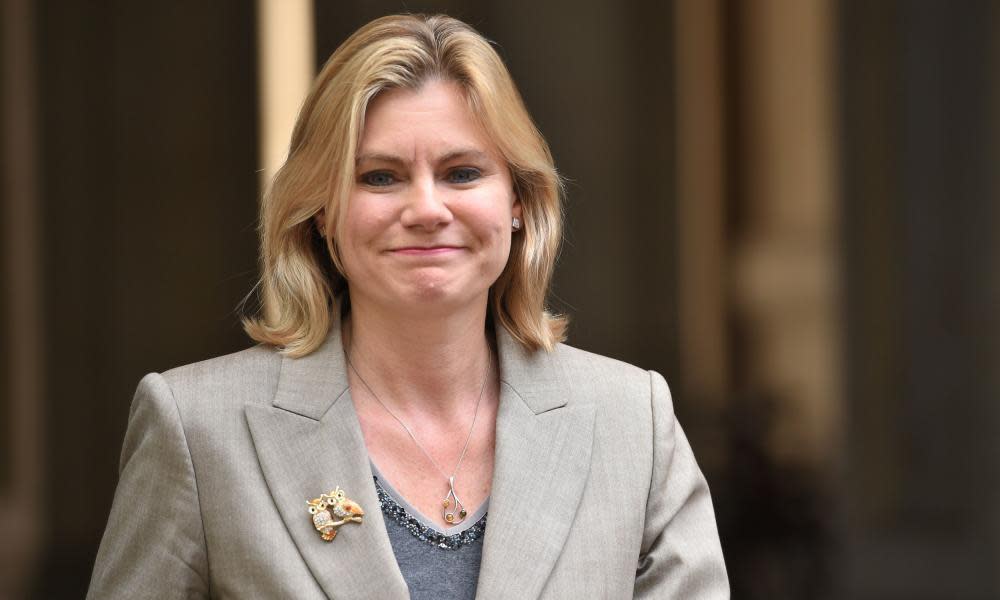Don't make it easier to change gender, urge conservative activists

People who want to change their gender are suffering from a mental illness and encouraging them to do so is akin to affirming the belief of someone suffering from anorexia that they are fat, a conservative campaign group has claimed.
A spokesperson for Grassroots Conservatives, which is independent of the party but primarily draws its membership from its supporters, said activists were concerned about the government’s plans to streamline the process of changing gender.
“In my view, it should not be easy to do something as massive as change your gender and the law is there to protect us, normally from other people, but also sometimes from ourselves,” said Mary Douglas.
She told BBC Radio 4’s Today programme on Monday that, while she was not a doctor, she had read work by some who believed gender dysphoria to be a mental health issue. “Until very recently, that was the medical consensus and I don’t see that anything has changed.”
Douglas – who acts as the group’s spokesperson on family, religion and public life – added: “It’s certainly not intended to be insulting but if, for example, you have someone with anorexia who says ‘I am too fat’ ... it’s not actually respectful or loving to affirm that person in a belief that is false, that doesn’t tie up with reality.”
She was commenting on the government’s proposals, which emerged at the weekend, to speed up and de-medicalise the process of changing gender. Current rules require an applicant to have had a diagnosis of gender dysphoria and to provide evidence that they have been in transition for at least two years.
The government proposed the changes as part of a consultation that also suggests making it easier for gay men to give blood. The plans were unveiled by the women and equalities minister, Justine Greening.
Douglas said: “I think many people have really profound concerns about this. If somebody thinks they have a mismatch between how they think and the way their body is, the question is: ‘Which should be changed?’
“What’s interesting is that many people who have gender dysphoria also have – not all, but many – other mental health conditions, like depression or drug addiction. They’re deeply troubled. And it has been proven that, when they change their gender, that doesn’t solve those issues. So, there’s an underlying issue here.”
Douglas also suggested that Greening could be pursuing the changes, which were in the most recent Labour manifesto, but not the Conservative one, because she was gay.
She added: “The issue is one of identity and certainly, from a conservative with a small ‘c’ point of view, if we have abandoned our Christian roots, then we have lost any sense of who we are.”
Announcing the proposals, Greening said on Sunday: “This government is committed to building an inclusive society that works for everyone, no matter what their gender or sexuality and today we’re taking the next step forward.
“We will build on the significant progress we have made over the past 50 years, tackling some of the historic prejudices that still persist in our laws and giving LGBT people a real say on the issues affecting them.”

 Yahoo News
Yahoo News 
